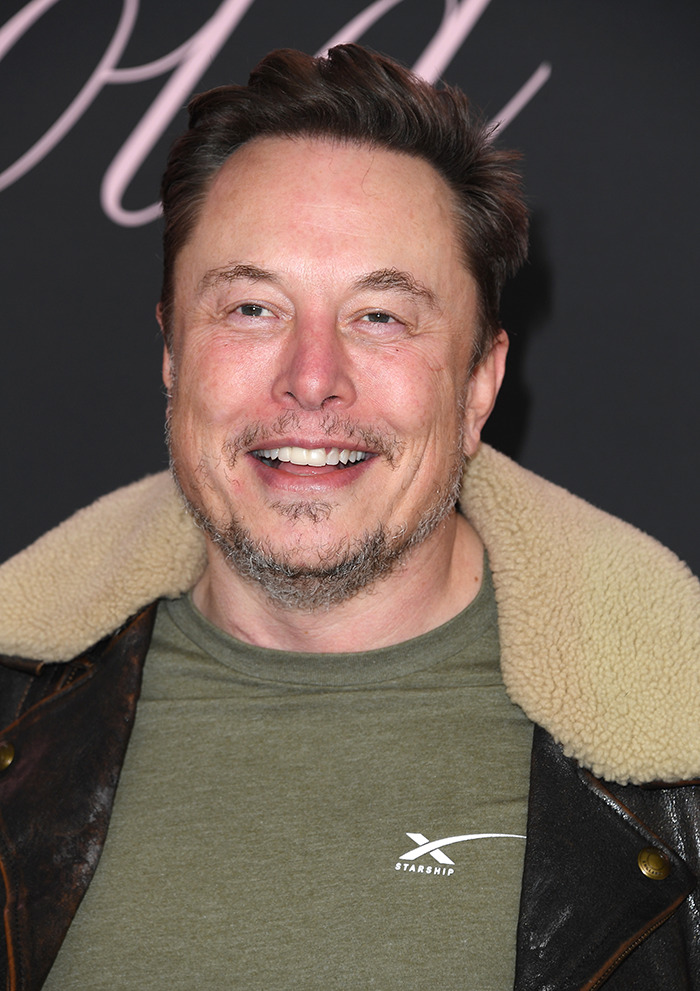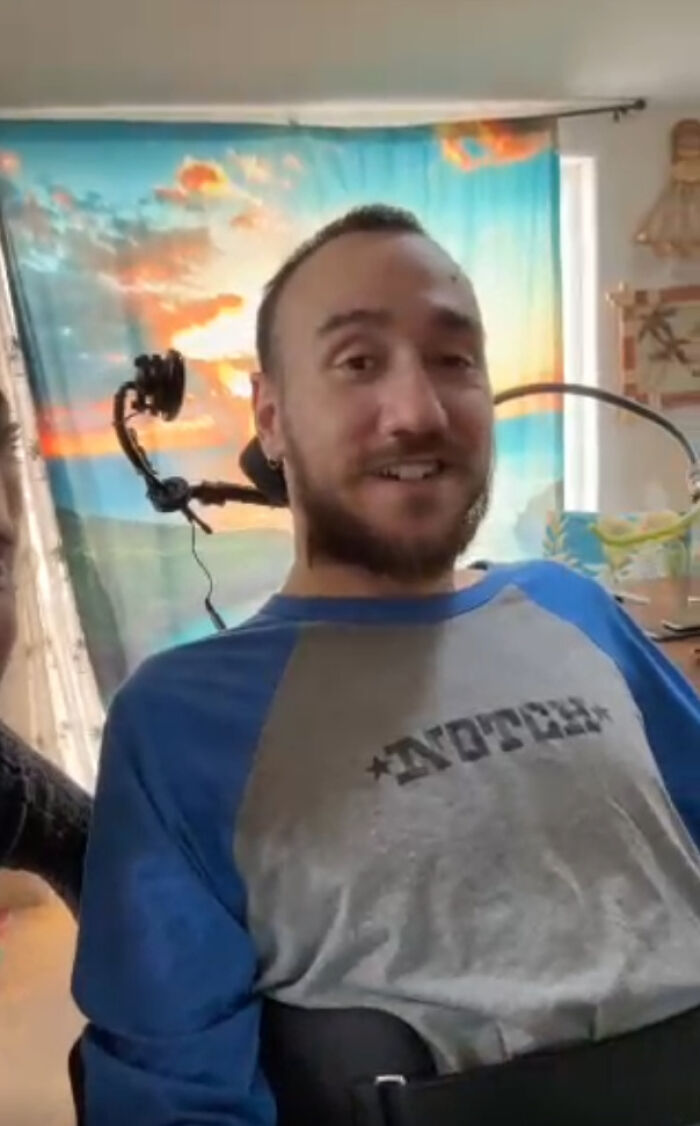
Paralyzed Man Controls Computer With His Mind, Plays Chess Using Elon Musk’s Neuralink Brain Chip
Imagine playing chess not with your hands but with your thoughts alone to delicately move the pieces across the board.
This has become a reality for 29-year-old Noland Arbaugh, the first human patient to use the brain-computer interface created by Elon Musk’s company, Neuralink —a startup developing technology to connect the brain to a computer.
Proving that the future is here, Neuralink shared footage on social media of the unprecedented technological feat, where Noland was captured controlling a computer cursor with his mind and playing a round of chess.
Elon Musk’s brain-chip startup, Neuralink, shared a livestream of its first patient who had their chip implanted
Image credits: Steve Granitz/Getty Images
“I can’t even describe how cool it is to be able to do this,” Noland said in the video.
Noland, who was left paralyzed below his shoulders due to a diving accident eight years ago, was the first patient to be implanted with a chip from Neuralink in January.
“The surgery was super easy,” Noland said in the video streamed by Neuralink. “I literally was released from the hospital a day later. I have no cognitive impairments.”
As Noland was captured interacting with the computer and playing chess hands-free, he said, with practice, it became “intuitive” for him to use the device through the power of thought alone.
29-year-old Noland Arbaugh was captured playing chess using only his thoughts to move around the cursor
Image credits: Neuralink
“Basically, it was like using ‘the Force’ on the cursor,” Noland said, making a Star Wars reference.
“…I could get it to move wherever I wanted. Just stare somewhere on the screen and it would move where I wanted it to, which was such a wild experience the first time it happened,” he explained. “It’s crazy, it really is.”
The technology allowed Noland to do things, like playing Civilization VI, which he never imagined he would be able to do after he was left paralyzed by the accident.
“I had basically given up playing that game,” Noland said. “You all (Neuralink) gave me the ability to do that again and [I] played for 8 hours straight.”
Noland said the innovative technology still needed work but has already changed his life for the better
— Neuralink (@neuralink) March 20, 2024
Noland admitted that the technology is “not perfect” yet, and he has faced issues since using the brain-chip interface.
“I don’t want people to think that this is the end of the journey, there’s still a lot of work to be done, but it has already changed my life,” he added.
I'm wary of this. Musk's Neuralink company is very opaque; and the only mention of this I can find so far is - via this video. That's not usually the way major science or corporate news is released. And the word "unprecedented" is "unwarranted". Using brain implants to move screen cursors has been done for years. Not, to be sure, exactly like this. But. Musk. Grain of salt. Or two.
neuralink has been doing the news rounds for a long time, I first read about it at least a year ago.
Load More Replies...I'm wary of this. Musk's Neuralink company is very opaque; and the only mention of this I can find so far is - via this video. That's not usually the way major science or corporate news is released. And the word "unprecedented" is "unwarranted". Using brain implants to move screen cursors has been done for years. Not, to be sure, exactly like this. But. Musk. Grain of salt. Or two.
neuralink has been doing the news rounds for a long time, I first read about it at least a year ago.
Load More Replies...
 Dark Mode
Dark Mode 

 No fees, cancel anytime
No fees, cancel anytime 



















































27
3